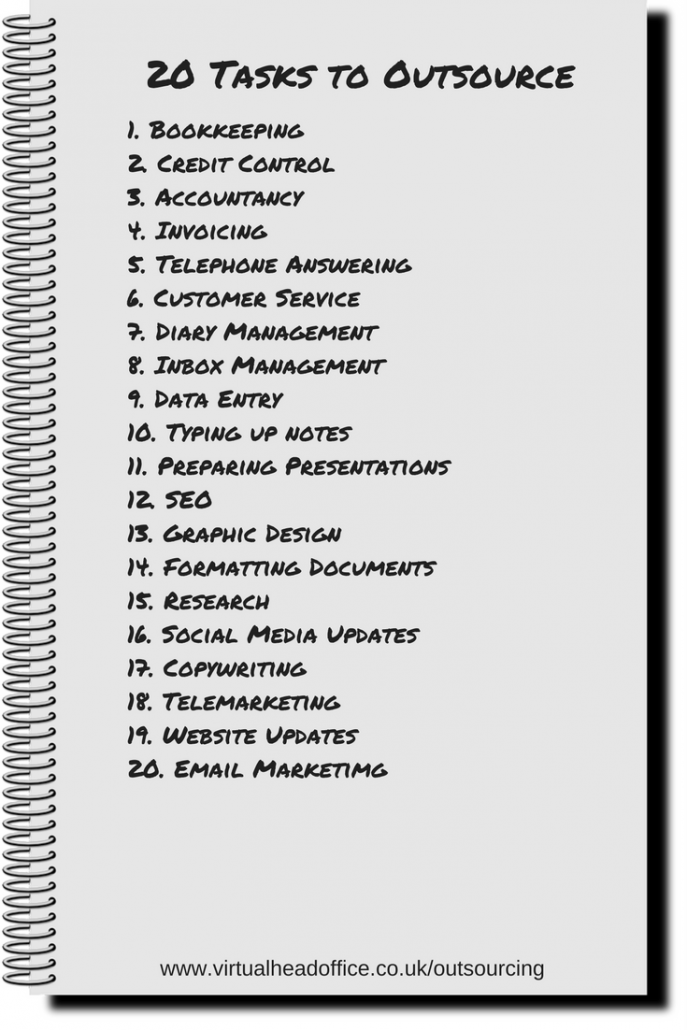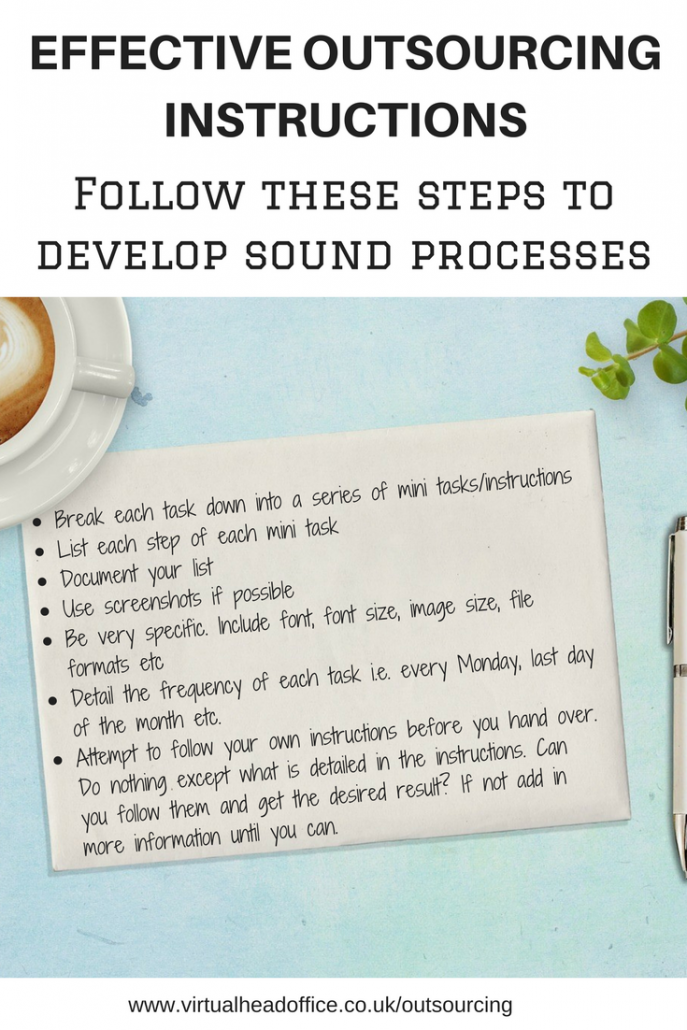Running your business from home is a low cost alternative to hiring commercial premises to operate your business from.
But before diving in and taking the plunge it’s worth considering if your home is in fact a suitable base for your business.
If you haven’t already read our first blog in this series on the Pros And Cons Of Running Your Business From Home I recommend you go back and read it as it provides a good general overview of the benefits and drawbacks that you will want to consider in the first place.
This blog will talk primarily about the specifics of YOUR home and help you determine it’s suitability for running a business from.
First of all, there are three main types of businesses that I will talk about in this post.
A premises based business, this is a business where your customers or clients will come to visit you.
A client based business, this is where you will be mainly based on customers premises.
A virtual business, this is a business where you don’t really need to meet your clients at all.
Each of these businesses will have different needs and considerations. You may find that your own business overlaps a couple of the categories and that’s fine, these are not hard and fast rules, they are more guidelines as to what could or could not be suitable in different circumstances.
You will need to consider the following factors no matter what type of business you run, though some of these may be more relevant than others to different businesses.
1. Location.
First of all, consider the location of your home. This is most relevant for premises based businesses and client based businesses, less so for virtual businesses, though it certainly shouldn’t be overlooked.
If you are a premises based business where your clients will come to you, you need to ask yourself the following questions:
Is your address within a reasonable distance of your ideal customer? Don’t just assume that people will be prepared to travel to you. You have to make it as easy as possible for your customers to get to you if you want sales.

Are you in the centre of the area of your ideal customers? Are there good transport links to get to your location? Is there adequate parking?
The nature of your business and it’s uniqueness will affect how far people are prepared to travel. If you do offer something that’s truly unique your customers could well be prepared to travel a little further to get to you. On the other hand, if your customer would find other people doing what you do in a location that is closer and more convenient to them they may be tempted to go there instead. People often make buying decisions based on convenience so don’t underestimate the location of your competition either.
Does your address match with the image of the business? For example, if your business is in the high end, luxury sector, customers will most likely expect a high end address. Before they even get to your address a potential customer could be put off by an address being the wrong side of town.
Is there likely to be a big increase in traffic of people visiting your premises and parking on the street? If so, it’s possible that you may need to apply for planning permission so check on your local council website for further details.
If you are a client based business ask yourself these questions.
How far are you from your clients? How far are you prepared to travel? Again, depending on the nature of your business, this could be something that could win or lose a sale for you depending on customer perception, even if they would never have to visit your premises themselves.
Close proximity to customers is a major plus point for many people, whatever type of business you’re in. If you’re further away and need to travel regularly to your client’s premises, even if you know you can make the journey, a potential client can still be put off by you having to travel a long distance on the basis that you may not be able to make it at some point in the future.
Certain locations are synonymous with certain industries and an address in a particular location can build confidence, even if they never attend those premises. (For example a doctor on Harley Street or a tailor on Saville Row.) It’s often worth considering the potential sales vales of a good address.
If you’re a virtual business, your address matters less, but it still matters. Always go back to thinking about your ideal customer. Would they be happy to pay money to a business at your address?
2. Your Premises.
Next, consider the premises themselves. This may be your home and therefore difficult to look at objectively, but try to view if from a potential customers eyes.
Go outside your premises first of all. Imagine you are looking at your home for the first time. Look at it, not as your home, but as your business. Does it look presentable, well maintained and welcoming?
Your potential customers can be either enticed in or put off depending on the curb appeal of your property. If it’s in a bad state of repair or overgrown with weeds you could find yourself losing business and not even knowing why if customers don’t want to knock on the door.
Approach the front door and walk inside the property, again imagining yourself seeing your home for the first time. A customer is not going to see the whole of the house but look at the bits they will see.

As a minimum you’re going to have to have somewhere to speak to your customers. To make them feel welcome it’s always good to have somewhere comfortable for them to sit. You’re likely to need to be able to make a drink for them, they may also ask to use the bathroom. Make sure that any areas of your house that your customer would either enter, or pass through are appropriate.
Are you going to have a separate room that your customer that your customer will come in to or are they going to be in the main area of your house? Think what your customer would reasonably expect to do on a visit to your business premises and ask yourself if your home fulfils that criteria.

Even if your customer is never going to come to your home you still need to consider whether the premises are suitable. Do you require just an office space, or are you perhaps making something? If so do you have the necessary space to make the product, store your materials, any tools or stock?
The outside of your property is still important even if no one is visiting. Many people will do a Google search on a business before making contact. A photo of your premises on your business listing on Google goes a long way to building trust, particularly if you are a client based business or a virtual business. Seeing the premises gives you credibility, the customer can see you are real, so use this to your advantage if you can.
3. Your Neighbours.
Whether you run a business from home or not, the importance of being on good terms with your neighbours can’t be underestimated. When you do run a business from home good neighbourly relations are of HUGE importance.
A friendly neighbour will happily sign for packages and smile at your customers as they arrive. A disgruntled neighbour on the other hand can be extremely obstructive.
When you are assessing your home for suitability, factor in also the neighbours and the impression they give.
You could keep the house in immaculate condition, but if your neighbours are blaring out music at top volume or having a full scale row, the chances are this is going to scare off potential clients.
Asking a neighbour to modify their behaviour is never an easy task, but if you are on bad terms with them to start with, forget it. Asking them to turn the music down when you blocked their drive the day before will never go down well.
You have to be prepared to give the neighbour the same courtesy you expect of them and if you’re running a business it’s really going to be worth going the extra mile to nurture that relationship. Show them your appreciation.
If your business is one which makes a lot of noise it’s worth talking to them honestly about it in advance and seeing how they feel.

The odd little present or thank you card does a long way to help cultivate a good relationship and people are often more understanding if they feel appreciated.
4. Your family/the people you live with.
The decision to run a business from your home, if you share your home with others, is never one you should take by yourself.
You need to consider the implications running your business from home will have on the whole family, not just you. Equally you need to consider the impact your family will have on your business.
Before you go ahead, sit down and talk with everyone about your business and give your reasons for wanting to run the business from home. (See the Pros and Cons of Running Your Business From Home for some ideas to start with)
Tell them exactly how it will impact on them. It’s important to tell it exactly how it is, warts and all and not to attempt to oversell it. When reality sets in if the situation is worse than they were led to believe for the others around you this can lead to resentment of both you and the business.
Let them know what’s expected of them, i.e. not plating loud music between certain hours, being courteous to visitors, tidying up after themselves etc. As with your neighbours, show them appreciation for everything they do to support your business.
A united family supporting your business can be a real asset, but a customer being met with an annoyed, scowling teenager can cause you problems.
Set out what you agree to do as well, for example, particular working hours and stick to it.
Be realistic about what you can expect from your family.
It’s a good idea to have regular reviews with the family about what’s working and what could be improved. Be prepared to listen and take on board other people’s feelings, even if it’s not really what you want to hear. Constant communication is the key. It’s important to be united, don’t let basing your business from home cause problems between yourself and your family.
So now you have a good idea whether your home is suitable to run your business from. Later in this series we’ll be examining the top 5 skills you need to master when you run your business from home, how to cultivate the right focus as well as how to achieve work life balance when you work from home.
If you don’t want to miss this blog post sign up here to get it delivered directly to your inbox.



























